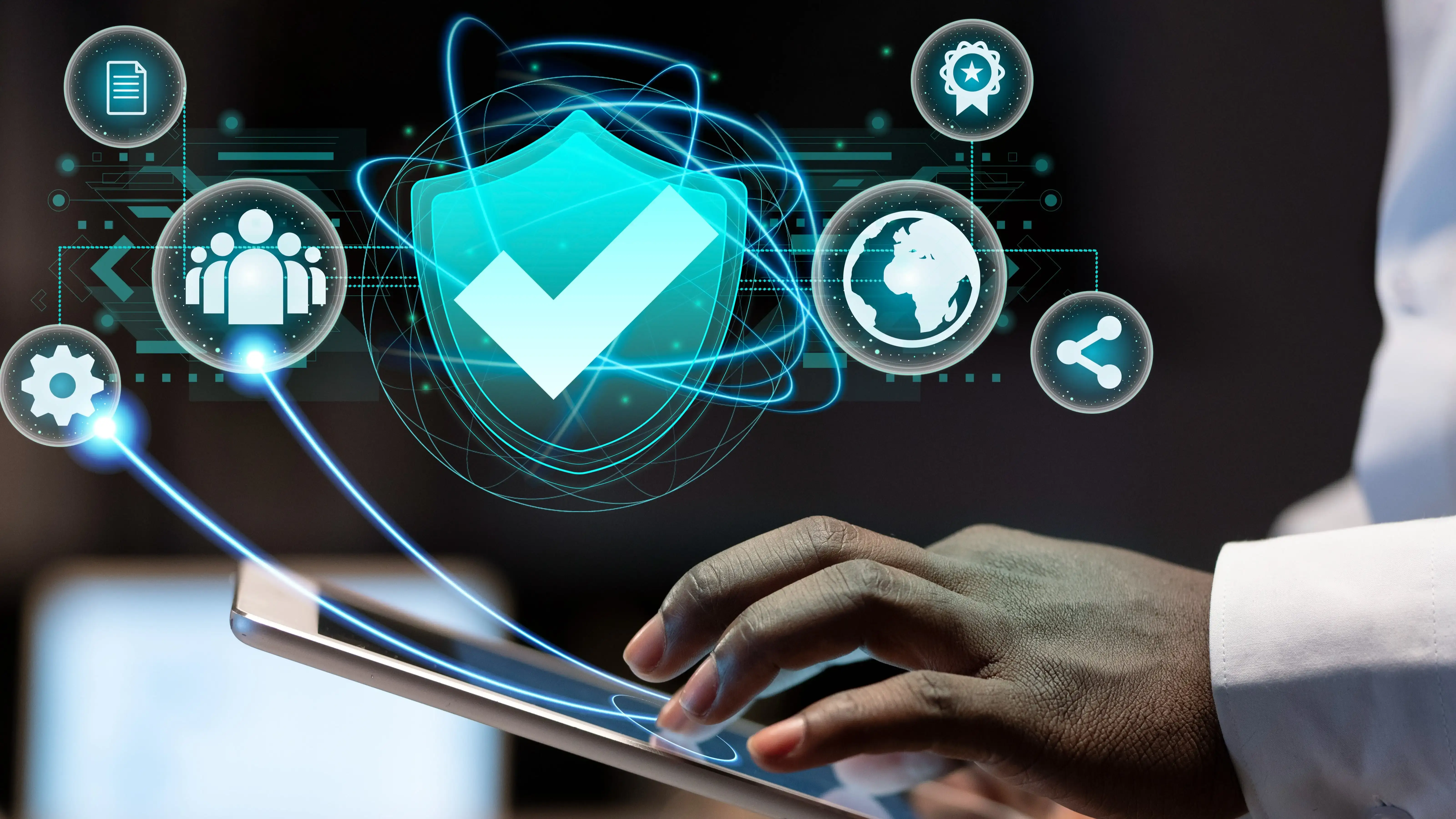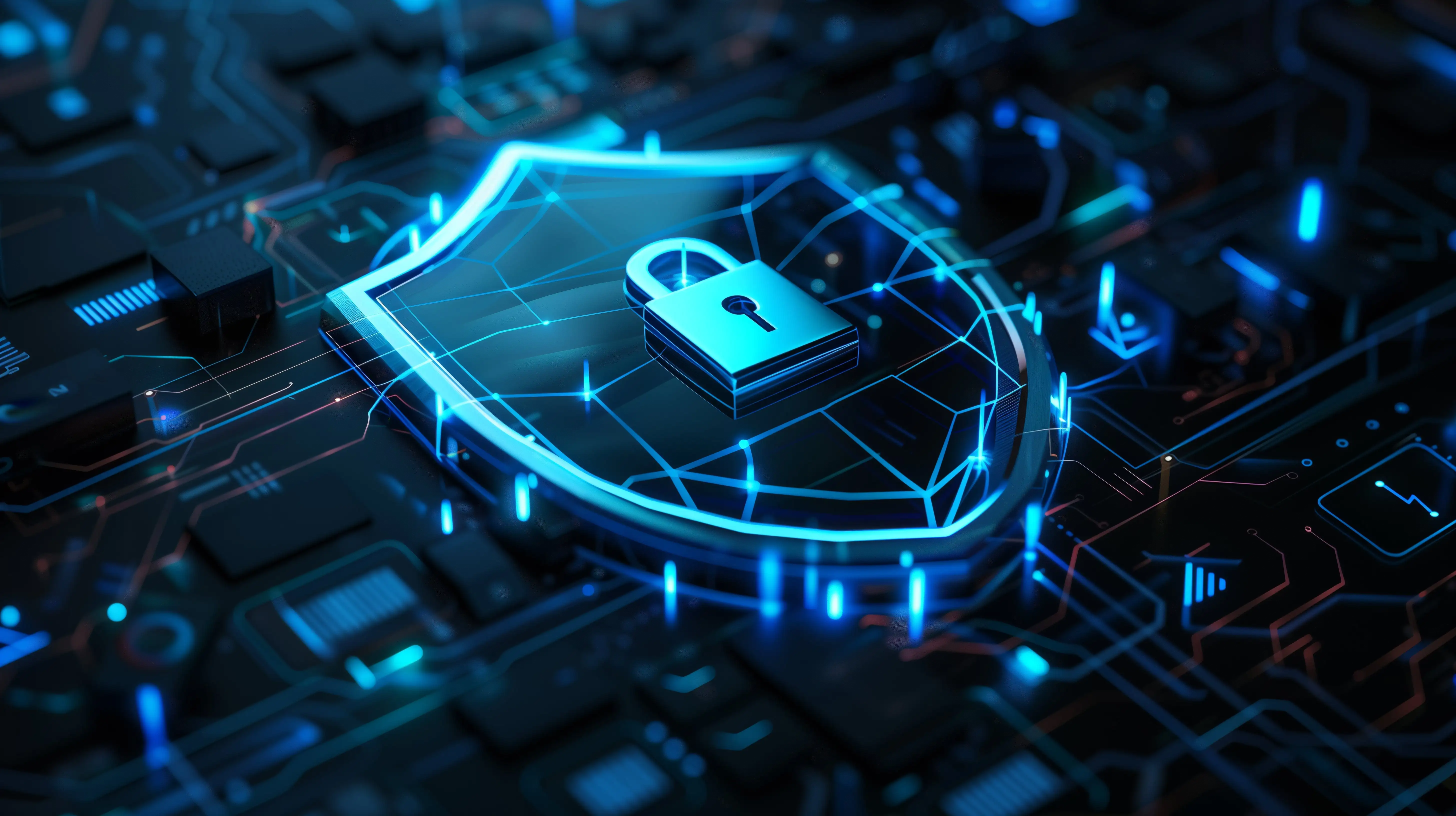The Danger of Hackers and Medical Records
The danger of hackers and medical records is no longer a science fiction threat—it’s already here. Daily, cybercriminals are breaking into healthcare systems, stealing sensitive patient information, and selling it on the dark web. Unlike stolen credit card numbers, which can be shut down, hacked medical records include permanent data that can be used by criminals for years.
The black-market trade for hacking medical records is flourishing because these records are so valuable. They contain names, Social Security numbers, insurance information, medical histories, and even prescriptions. This information enables criminals to commit identity theft, submit fraudulent insurance claims, and even alter medical treatments. The scariest part? Many healthcare organizations aren’t even aware they’ve been hacked until it’s too late.
If your hospital’s cybersecurity measures are weak, your patient information is probably already available for purchase. The question now is: Are you safe against the changing modes of cybercriminals?
Why Stolen Medical Data Is So Valuable for Hackers
Healthcare data breaches have hit an all-time peak. Hackers' medical records deals are now a significant underground economy, and cybercrime perpetrators are using sophisticated methods to take advantage of patient data. But why is PHI valuable to criminals over any other stolen data?
1. Medical Records Last Forever
In contrast to financial information, which may be altered or revoked, medical histories are non-revocable. If cybercriminals get their hands on a patient’s medical history, they have it forever.
2. Complete Identity Theft Kits
One hacked medical record has all the information a criminal would ever need—name, address, Social Security number, insurance information, and even financial data. That makes it simple for them to commit fraud on a large scale.
3. Blackmail & Extortion Schemes
Medical records frequently include very sensitive information regarding mental illness, STDs, drug abuse, and chronic disease. Hacking in healthcare is exploited by cybercriminals to extort patients by threatening to expose their private health information unless they pay a ransom.
4. Prescription Drug Scams for Fake Drugs
The hacking medical records are purchased by criminals in order to fake prescription drugs and then sell them illegally. Stolen patient identities are exploited to obtain controlled drugs, supplying illegal drug markets.
5. Billing Scams & Insurance Fraud
One of the most lucrative applications of hacked health records is for fraudulent medical billing. Hackers impersonate patients and submit phony insurance claims, causing the healthcare industry to lose billions of dollars.
The dark web has become a thriving marketplace where hacked medical records are sold openly by criminals for as low as $250 per patient profile. The figures are explicit—healthcare data is worth more than ever before.
How Hackers Steal Medical Records Without Detection
Cyberattackers are no longer resorting to common hacking practices. The advent of automation and artificial intelligence has enabled them to access healthcare and security systems more easily. Some of the most sophisticated practices hackers use today are listed below.
Exploiting Weak IoT Security in Hospitals
Most hospitals depend on networked medical devices such as infusion pumps, heart monitors, and MRI machines. These devices usually have weak cybersecurity measures, so they are a favorite target for hackers. Hackers use unpatched vulnerabilities to gain entry and utilize the devices to distribute malware across the hospital’s IT system.
Targeting AI-Based Healthcare Systems
The use of artificial intelligence in the health sector has brought new exposures. Hackers tamper with AI-based patient histories, changing the treatment plan and prescriptions. In some instances, hacked medical records have led to patients being administered the wrong doses or procedures.
Social Engineering Attacks on Healthcare Executives
Hackers don’t necessarily depend on technical vulnerabilities. Instead, they employ psychological manipulation to trick hospital executives, IT managers, and administrators. They make emails look like they are coming from known sources and fool employees into surrendering login credentials. That’s called phishing and is used to carry out more than 90% of healthcare data breaches.
Compromising Cloud-Based Medical Records
Most hospitals are shifting to cloud storage for improved data access. However, without robust healthcare network security, these cloud networks become vulnerable. Hackers take advantage of unsecured encryption protocols and get access to huge quantities of sensitive patient information.
Inside Jobs & Employee Negligence
Not all hazards are caused by outside hackers. Unhappy workers with authorization to medical cyber security systems can pilfer and resell patient information. In addition, unintentional negligence—weak passwords or simply not logging off from systems—can leave patients vulnerable to cybercriminals.
The Destructive Aftermath of Healthcare Data Breaches
The consequences of hacking in healthcare reach beyond financial losses. One incident can result in irreversible harm to patients, hospitals, and the entire healthcare sector.
For Patients:
• Medical identity theft: Individuals may receive charges for services never received.
• Life-threatening mistakes: Altered medical records may lead to life-altering misdiagnoses.
• Emotional distress: The realization that personal health records are accessible can bring on anxiety and fear.
For Healthcare Providers:
• Regulatory penalties: Disrupting HIPAA can leave healthcare providers in hot water up to $1.5 million at a time.
• Reputational losses: Hospitals lose credibility with patients and pay long-term costs.
• Operational downtime: Ransom demands by cyberattacks may paralyze systems, requiring shutdowns to drive away patients.
For the Healthcare Industry:
• Higher cyber premiums: Health providers need to invest more in anti-malware and other countermeasures.
• Tighter compliance mandates: Regulatory authorities are enforcing stricter security legislation.
• Pandemic-level ransomware risks: Vulnerable hospitals face the risk of extortion always looming.
How Healthcare Organizations Can Prevent Cybercriminals
As the threat of hacked medical records increases, hospitals need to take proactive steps to protect their systems. The most effective strategy is a blend of cutting-edge cybersecurity technology and professional intervention.
Implement AI-Driven Cyber Threat Detection
Artificial intelligence can scan hospital networks in real time, detecting abnormal activity before it results in a breach. Predictive analytics enable healthcare cybersecurity consulting companies to disarm threats before hackers can gain access.
Enhance Cloud Security with Blockchain Technology
Blockchain-powered medical record systems provide unmatched protection of data. Decentralized networks ensure it is virtually impossible for cyber attackers to change or steal patients' data.
Enhance Cyber Resilience with 24/7 Surveillance
Hospitals need to collaborate with healthcare cybersecurity services offering 24-hour surveillance. Around-the-clock monitoring ensures potential threats are identified and contained in real-time.
Next-Generation Cyber Threats in Healthcare – What’s Next?
As hospital cybersecurity advances, cyber attackers are finding new ways to attack. Those healthcare organizations that do not change will experience greater data breaches, financial loss, and reputational harm.
AI-Powered Cyber Attacks
Phishing attacks are now being automated by cybercriminals using AI, encrypted data is being broken, and security firewalls are being evaded. AI-based threats are quicker, more difficult to detect, and more persistent, making them a developing concern for healthcare cybersecurity companies.
5G & Remote Patient Monitoring Threats
5G growth in healthcare technology opened up new security vulnerabilities. Healthcare IT security experts caution that Internet-connected medical devices, such as wearable health trackers, insulin pumps, and telemedicine systems, may become ready-made entry points for hackers.
Cyberwarfare & Nation-State Attacks on Healthcare
Nations are increasingly beginning to target healthcare systems as a component of cyberwarfare efforts. Such state-sponsored attacks have the potential to result in unprecedented disruptions, leaking millions of patients' information into the hands of foreign enemies.
To counter such newly evolving threats, hospitals need to invest in cybersecurity solutions beforehand that provide real-time threat detection, encrypted communication, and automated response processes.
Final Thoughts – Are You Truly Safe from Cyber Threats?
The staggering increase of hackers and medical records is an eye-opener for hospitals and healthcare organizations across the globe. If your cybersecurity plan is outdated, your patient information may already be hacked. The dark web is brimming with health records hacked, and if your organization doesn’t act promptly, you may be the next victim.
Is your hospital ready for a cyber attack?
Do you have real-time threat detection capabilities?
Are your patient records completely safeguarded from ransomware attacks?
Act now—keep your hospital safe from cyber threats with expert healthcare cybersecurity solutions.
Request a Cybersecurity Audit at Gini






